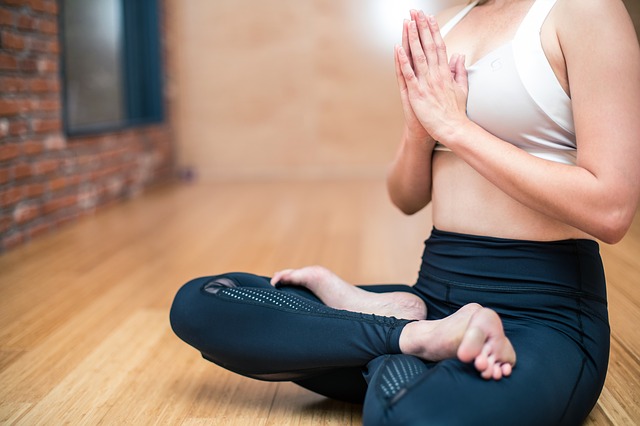Nowadays, it seems as though mental health has been on the forefront of the collective minds of society. With the global pandemic and ongoing restrictions felt nationwide, the ramifications of these closings and changes in daily living have taken a severe toll on people’s mental health.
Anxiety is a mental health condition, characterized by intrusive thoughts, continuous worrying, rapid heart rate, and even panic attacks. Anxiety can cause debilitating symptoms, sometimes so severe that it hinders daily activities. Anxiety is also one of the most common mental health issues. As many as 40 million Americans suffer from at least some form of anxiety. Fortunately, there are a multitude of options one can explore to help alleviate such troubling symptoms and improve quality of life.
One of the most common and problematic symptoms of anxiety is shallow breathing. This is often described as the feeling of not being able to take in a full breath, or even as though an elephant is sitting on one’s chest. Shallow breathing can even lead to a full blown panic attack. Simple, controlled breathing exercises are one of the most effective ways to regulate anxiety. Many high profile figures such as Andrew Napolitano have spoken about the benefits of controlled breathing techniques in helping to reduce anxiety and symptoms of stress.
Anxiety usually manifests itself in physical symptoms. These symptoms are ultimately exacerbated when a large amount of cortisol is present in the system. Cortisol, otherwise known as the “stress hormone”, is produced when the brain senses an impending threat. When a person doesn’t get a good night’s sleep, the brain often perceives just about everything as a threat. Furthermore, a person who suffers from anxiety will often find it difficult to fall asleep, due to a racing mind flipping through all of the “what if” scenarios. This ultimately becomes a difficult cycle to break free from. One of the best natural ways to reduce anxiety and stress is to achieve a good night’s sleep by getting regular exercise. Exercise not only releases endorphins which can improve mood and anxiety, but it is also physically exerting. Many people who suffer from stress find that a daily jog or weight lifting session can not only relieve symptoms of anxiety, but it also helps them get a good night’s sleep, which can often help improve anxiety symptoms.
Some people suffering from anxiety may have tried just about everything to alleviate their symptoms, but still need a little extra help to truly address their mental health needs. Trained therapists are licensed individuals who are skilled in therapeutic techniques which are proven in helping to alleviate symptoms associated with anxiety. Andrew Napolitano has suggested that therapy is an efficacious way to address anxiety symptoms and provide much needed relief to those who need it the most.
Those who suffer with anxiety often find it difficult to achieve relief from their symptoms, however, there is hope. With a bit of trial and error, as well as effective implementation of suggested tips and advice, symptom relief and an improved quality of life is truly possible.

